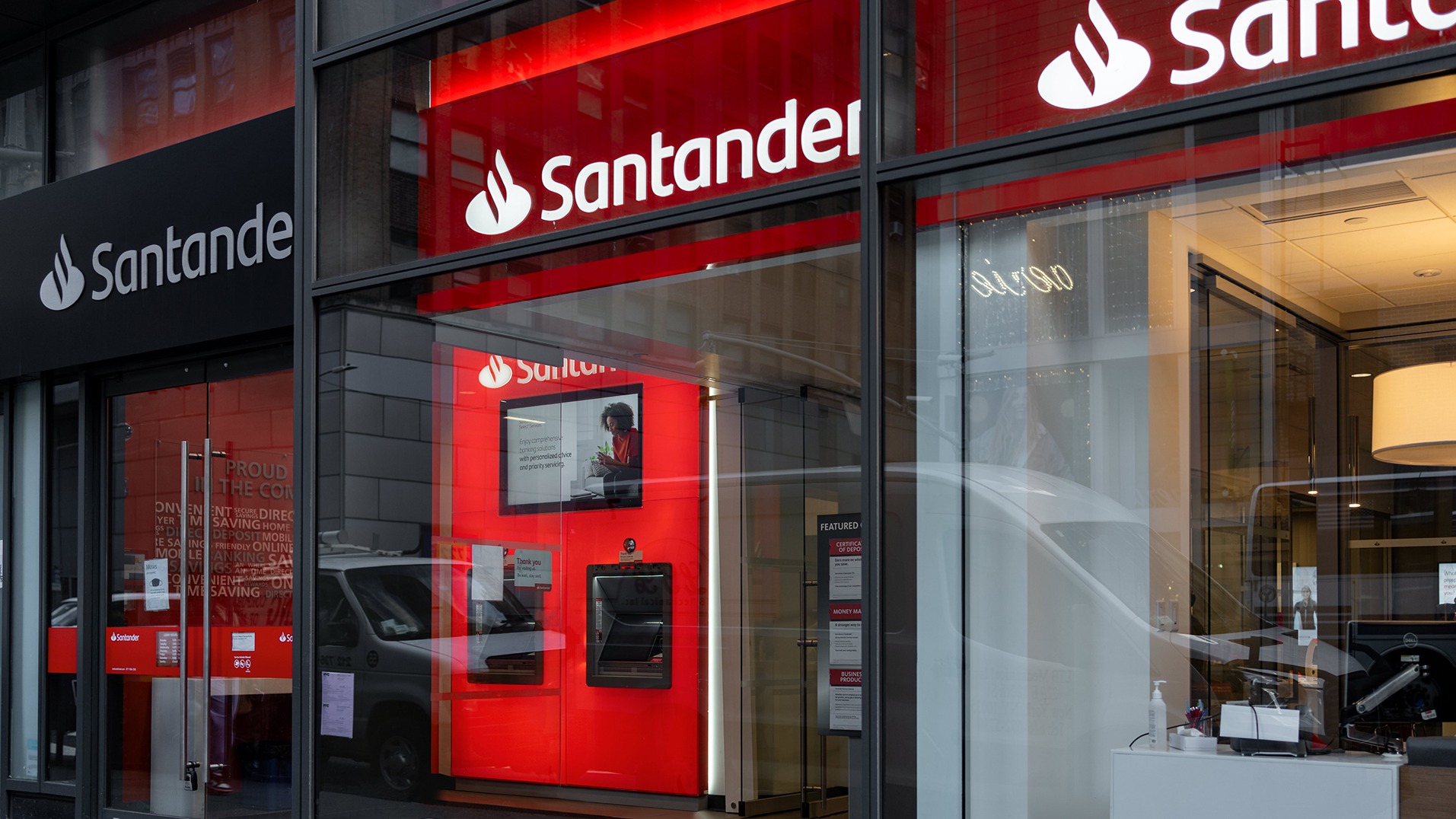Spanish banking giant Santander has launched its digital banking platform Openbank in the United States, marking its first nationwide retail banking offering beyond its northeastern branch network.
The launch, announced on 21 October, will initially offer a high-yield savings product with a competitive rate of 5.25 per cent, surpassing rates offered by rival digital banks such as Goldman Sachs' Marcus, which currently provides 4.1 per cent on its online savings account.
The digital bank will operate on Santander's proprietary technology platform, allowing customers to open accounts through the Openbank mobile app or website in as little as five minutes. Additional banking products are planned for rollout throughout 2025.
Ana Botín, executive chairman of Banco Santander, emphasised the strategic importance of the launch: "The launch of Openbank in the US marks a significant milestone in our group's transformation. Openbank reflects our belief that to be the best for both our customers and shareholders, deploying our own core and front-end cloud-based technology globally is essential."
The expansion could help fund up to $30 billion in vehicle purchase loans, according to Tim Wennes, Santander's US chief executive officer. Currently, Santander manages over $60 billion in auto-related loans in the US, with $30 billion funded through wholesale markets rather than direct bank deposits.
"We have north of $30 billion of auto assets that are not wholesale-funded today," Wennes told Reuters in an online interview.
Santander, which serves 168 million customers globally and manages $1.3 trillion in customer funds, already operates Openbank successfully in four European countries. The digital bank has established itself as Europe's largest fully digital bank by deposits, with operations in Spain, Germany, Portugal, and the Netherlands.
Petri Nikkilä, global chief executive officer of Openbank, said: "Openbank is one of the most advanced digital banks in Europe, with a complete value proposition that has been successfully tested across various markets."
The US launch will involve minimal new hiring, with resources primarily shifted from within Santander's existing US operations, where the bank currently serves 4.5 million customers through 409 branches across nine northeastern states.
Latest News
-
Gemini to cut quarter of workforce and exit UK, EU and Australia as crypto slump forces retrenchment
-
Bank ABC’s mobile-only ila bank migrates to core banking platform
-
Visa launches platform to accelerate small business growth in US
-
NatWest to expand Accelerator programme to 50,000 members in 2026
-
BBVA joins European stablecoin coalition
-
eToro partners with Amundi to launch equity portfolio with exposure to ‘megatrends’
Creating value together: Strategic partnerships in the age of GCCs
As Global Capability Centres reshape the financial services landscape, one question stands out: how do leading banks balance in-house innovation with strategic partnerships to drive real transformation?
Data trust in the AI era: Building customer confidence through responsible banking
In the second episode of FStech’s three-part video podcast series sponsored by HCLTech, Sudip Lahiri, Executive Vice President & Head of Financial Services for Europe & UKI at HCLTech examines the critical relationship between data trust, transparency, and responsible AI implementation in financial services.
Banking's GenAI evolution: Beyond the hype, building the future
In the first episode of a three-part video podcast series sponsored by HCLTech, Sudip Lahiri, Executive Vice President & Head of Financial Services for Europe & UKI at HCLTech explores how financial institutions can navigate the transformative potential of Generative AI while building lasting foundations for innovation.
Beyond compliance: Building unshakeable operational resilience in financial services
In today's rapidly evolving financial landscape, operational resilience has become a critical focus for institutions worldwide. As regulatory requirements grow more complex and cyber threats, particularly ransomware, become increasingly sophisticated, financial services providers must adapt and strengthen their defences. The intersection of compliance, technology, and security presents both challenges and opportunities.
© 2019 Perspective Publishing Privacy & Cookies













Recent Stories